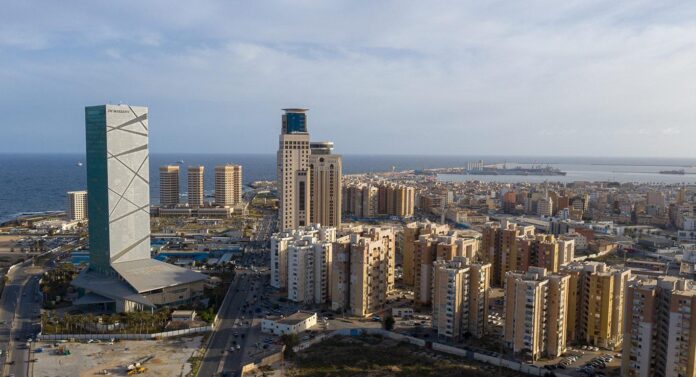Author: Frederic Wehrey
Affiliation: Carnegie Endowment for International Peace, US Air Force (retired)
Organization/Publisher: Carnegie Endowment for International Peace
Date/Place: June 24, 2021/USA
Type of Literature: Commentary
Word Count: 1387
Link:https://carnegieendowment.org/2021/06/24/america-s-window-in-libya-pub-84846
Keywords: USA Diplomacy, Libya, Foreign Policy, Security
Brief:
Policy anlyst Frederic Wehrey underlines the importance of the supportive role that the US should play in the progress of Libya. Wehrey argues that Libya has a chance for a stable future that should be maintained by US diplomacy. American support is supposed to improve the chances of success and stability in the Libyan future. He highlights that the Second Berlin Conference on Libya, held on June 23, 2021, is a critical turning point on Libya’s path to stability and progress. Two main key outputs of that conference are the commitment to hold national elections in late December 2021, and a pledge of departure of the foreign military forces, especially Russian and Turkish forces. However, he claims that due to insecurity, the arranged elections in December are not expected to be fair and transparent across the country. Additionally, patronage status of the Libyan society would block post-election transition or probably lead to a new war. Due to these risks, Wehrey—who is retired US Air Force—predictably maintains that it should be the US and the rest of the international community that should give attention to the situation in Libya to help in drawing a road map for Libya’s security sector to manage the election period and to guarantee a post-election peaceful and stable transition. He suggests some additional steps that should be followed on the security track to minimize partition chances, including the de-escalation and demilitarization of the country through American diplomacy; specifically, that the US have better diplomatic engagement with Turkey in order to have “responsible redeployment” of its forces, and to better scrutinize the UAE and its funding of Russian mercenaries, in order to withdraw the Wagner Group mercenary forces and stop backing militia groups like Haftar within Libya. A “whole of government approach” should be adopted to empower civil society to enhance formal security providers and rebuild the Libyan justice system. He proposes that the US should encourage Russia, Egypt, and the UAE—the main foreign supporters of Haftar— to pave the way for the transition to a new leadership of the LAAF (Libya Arab Armed Forces) that could be politically accepted by other groups to facilitate the path for talks and unification between eastern and western forces. The US should strengthen its technocratic and diplomatic efforts to repair and unify Libya’s banking sector and isolate the oil sector from factional conflicts. He concludes that the US should exert its efforts to sustain stability in Libya, and that a modest American investment in the country through US diplomatic contact with Libyan political leaders would make a difference.
By: Yomna Süleyman, CIGA Research Assistant




